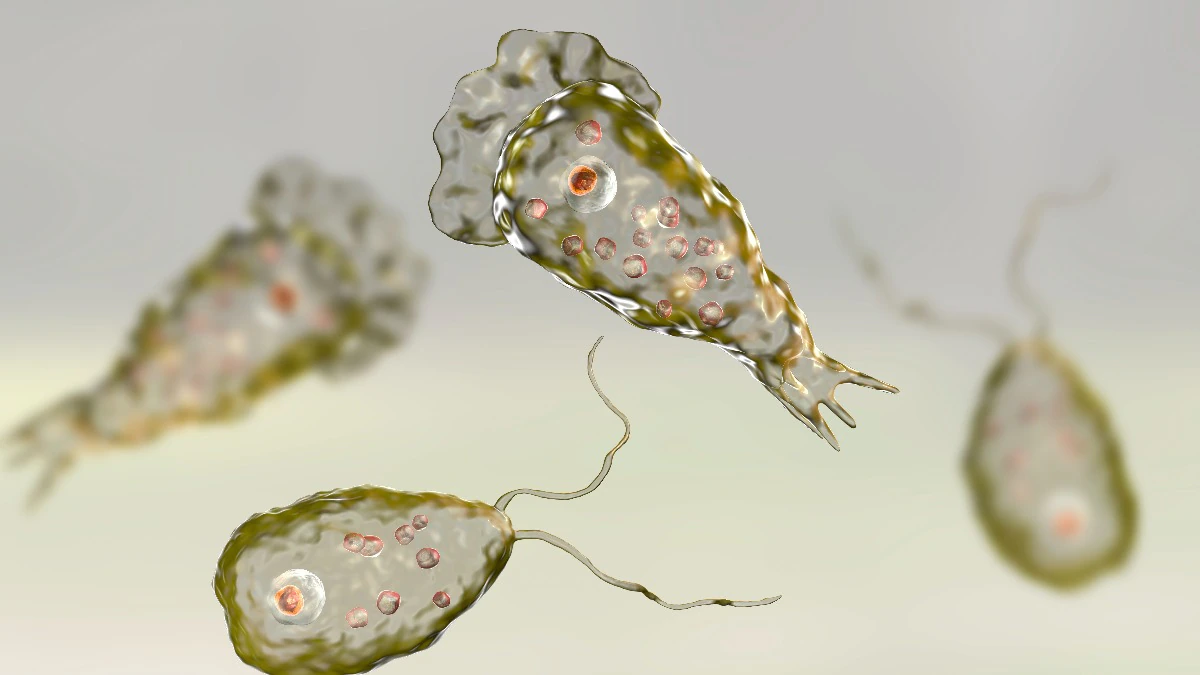By Chloe Couchman
Copyright hellomagazine

Fertility problems affect one in six people worldwide, equating to around 17.5 per cent of the global population, and while the causes of infertility aren’t always known, there are some lifestyle changes that can optimise chances of conception for many couples. From managing stress to supporting sleep, fertility coach Alexandria Smith reveals how to change your lifestyle to get pregnant. Not only will these habit changes support increased fertility, but they can also improve your overall health and well-being.
Can lifestyle changes improve fertility?
Lifestyle changes can be effective in improving fertility. Things like reducing stress, changing your diet and minimising your exposure to environmental toxins can all support hormonal health and may help to restore balance in the body.
How to change your lifestyle to get pregnant?
There are many ways a healthier lifestyle can support your chances of conception, as explained by fertility coach Alexandria. However, she says it’s important to note that fertility can impact both men and women, so making changes as a couple can also be beneficial. “Fertility isn’t just on your shoulders. Your partner’s health has a huge impact on conception. Encourage him to optimise his diet, lifestyle, and stress too. If you’ve been trying for six to 12 months, a semen analysis is a smart and proactive step,” Alexandria says. Here are five lifestyle changes to try…
Eat a healthy diet
“Eat a balanced whole food diet that consists of protein, carbohydrates and healthy fats. I like to set up my plate like this: a palm size of protein, thumb size of healthy fats such as olive oil, seeds, nuts, one cup full of grains/complex carbohydrates such as wholewheat pasta, wholegrain rice, lentils, beans, sweet potatoes and two portions of vegetables (preferably one being green, providing you with plenty of folate and antioxidants).”
Alexandria continues: “Ensure you are eating enough calories; if you are consistently eating in a calorie deficit, your body will not feel safe to conceive, it will use the energy from the little food you eat to keep you alive and will not make your fertility a priority.”
Eating an array of different coloured fruits and vegetables can help too. “If you are eating enough, count the colours on your plate. A colourful plate will ensure that you are receiving all the vitamins and minerals you need to support a healthy pregnancy. Food and fertility are intimately connected. Cycle abnormalities such as premenstrual, spotting, delayed ovulation, irregular cycles are often improved by dietary changes.”
Reduce toxic load
“Your body has to process everything from alcohol to household chemicals. The fewer toxins it has to deal with, the more resources it has for fertility. Drink plenty of filtered water; your body naturally eliminates chemicals through urine, sweat and bowel movements, so water will help these systems work efficiently,” Alexandria says. “Sweat more through exercise or the use of a sauna to excrete toxins. Gradually clean up your household cleaning supplies, consider the quality of food you buy, preferably opting for organic, and consider what you put on your skin. With these little tweaks, you’re protecting your fertility.”
Prioritise sleep
“It can be easy to dismiss the importance of sleep; however, it plays a critical role in balancing your hormones. Sleep disruptions and nighttime light exposure are associated with menstrual irregularities, period pain, early miscarriage and infertility. By adopting these simple habits, you can improve the quality of your sleep,” the coach says. “Get some early morning sunlight, it resets your internal body clock and regulates your cycle. Minimise blue light before bed, sleep in complete darkness and create a restful nighttime routine,” the fertility expert explains.
Manage stress gently
“It can be hard to ‘just relax’ when you’re in the midst of trying for a baby and it’s not working out according to plan, but your body responds to stress in many ways. Your body naturally goes into fight or flight mode, which then shuts down your reproductive system along with your digestive system, which is why you often feel sick with nerves or like you need the loo,” Alexandria says.
“We want your body to feel safe to conceive so simple things such as a walk in nature, rolling back your shoulders, taking a minute to do some deep breathing throughout your day can work wonders for your nervous system.”
“The majority of us know that exercise is great for overall health, but specifically for fertility purposes, it can improve the removal of excess hormones such as oestrogen, and improve symptoms of women who have PCOS. The best form of exercise depends on the person, but it’s important not to overdo it and to fuel properly. Find a form that you enjoy first and foremost.”



